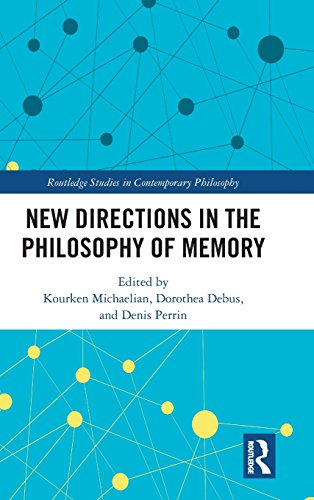Any theory holding that for me to remember something some present mental experience of mine (or perhaps some present piece of behavior of mine) is causally related to something relevant in the past.
This ‘something relevant’ may be what is remembered, but may also be something merely connected with that: I remember to put the cat out if I am caused to do so by some previous intention of mine to do so, but this intention is not what I am remembering.
Difficulties arise over ensuring that the causal chain is of the right kind, and this leads causal theories to be specified in terms of the trace-theory of money.
Source:
C B Martin and M Deutscher, ‘Remembering’, Philosophical Review (1966)
Table of Contents
- trace theory of memory
- causal theory of knowledge
- causal theories of perception
- causal theories of meaning
- causal theories
Last update 2020-06-17. Price and product availability may change.










